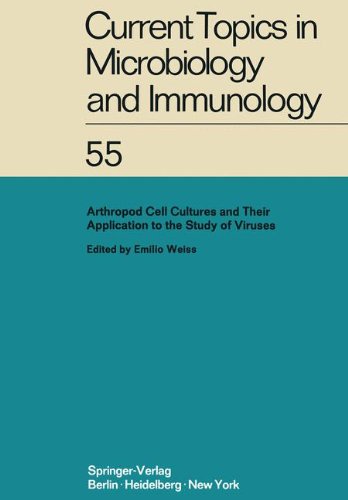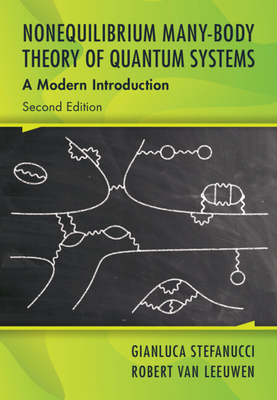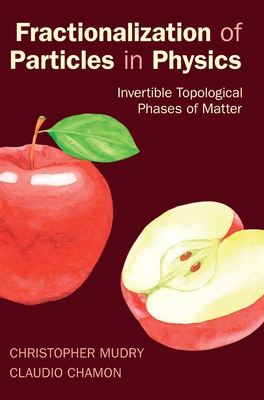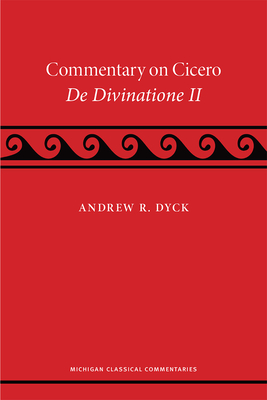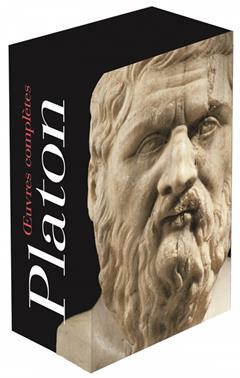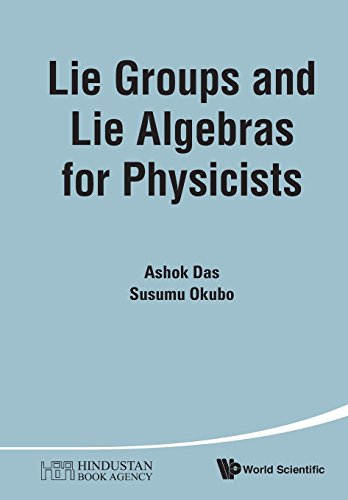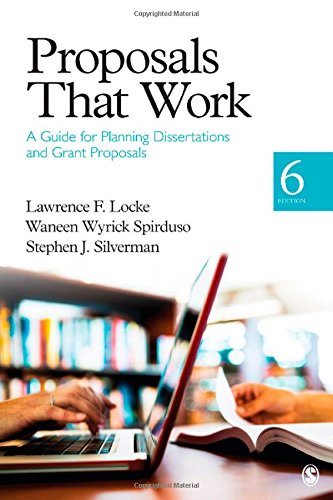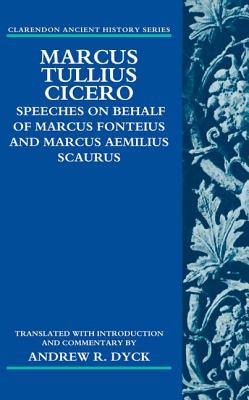图书简介
To lose is human, to win is fortune, but to try is our destiny. EARL C. SUITOR, JR. The idea of a Symposium on ’Arthropod Cell Cultures’ started in July of 1969 shortly after the untimely death of our colleague, EARL C. SUITOR, JR. , at the age of 38. At first we thought an afternoon or evening session would be sufficient, but we were soon convinced that the scope of the Symposium should be greatly enlarged. Interest in this topic was increasing at an astonishing rate. Since EARL SUITOR had made a distinct imprint in this new field, many scientists who knew him well or just casually wished to honor him in this manner. EARL SUITOR was born and raised in New England and received a B. S. degree in bacteriology from the University of Massachusetts in 1952. As a spirited young man, he enlisted in the U. S. Navy to see the world. Instead, he was assigned for most of his four-year ’hitch’ to the Naval Medical Research Institute. I met him there in 1954, an enthusiastic and imaginative young fellow with many interests, an avid reader of the classics, an occasional writer of poetry, who blended his interest in scientific literature with that of Science Fiction. In 1956, EARL left the Navy to attend George Washington University, where he earned an M. S. degree in 1958 and a Ph. D. degree in 1963.
1 The Culture of Cells from Insects and Ticks.- I. Cultivation of Dipteran Cells in Vitro.- II. Culture of Cells of the Flesh Fly, Sarcophaga bullata.- III. Establishment and Characterization of Two New Cell Lines (CP-1268 and CP-169) from the Codling Moth, Carpocapsa pomonella (with a Review of Culture of Cells and Tissues from Lepidoptera).- IV. A Cell Line Isolated from Hemocytes of Samia cynthia Pupae.- V. Present Status of Tick Tissue Culture.- 2 Analysis of Cells from Established Insect Cell Lines.- I. Introduction.- II. Morphological and Cultural Characteristics of Culiseta inornata and Aedes vexans Mosquito Cell Lines.- III. Antigenic Relationships of Mosquito Cell Lines as Determined by Immunodiffusion Techniques.- IV. Characterization and Identification of Insect Cell Cultures.- V. Cytogenetic Studies on Cells in Culture from the Class Insecta.- 3 Physiology of Cultivated Arthropod Cells.- I. Introduction.- II. Drosophila Neuron Differentiation in Vitro.- III. Cultivation of Insect Endocrine Glands in Vitro.- IV. Production of Human-Mosquito Somatic Cell Hybrids and their Response to Virus Infection.- V. The Uptake of Free and Serum-Bound Sterols by Insect Cells in Vitro.- VI. Comparative Lipid Analysis of Aedes aegypti and Monkey Kidney Cells (MK-2) Cultivated in Vitro.- VII. Studies Attempting to Elucidate the in Vivo Function(s) of Grace’s Antheraea eucalypti Cell Strains.- VIII. The Effects of Insecticides on Insect Cells Grown in Vitro.- 4 Arthropod Tissue Culture in the Study of Arboviruses and Rickettsiae: A Review.- A. Arbovirus Studies.- B. Rickettsial Studies.- C. Concluding Remarks.- 5 Propagation of Arboviruses in Singh’s Aedes Cell Lines.- I. Growth of Arboviruses in Aedes albopictus and A. aegypti Cell Lines.- II. Multiplication of Chikungunya and O’nyong-nyong Viruses in Singh’s Aedes Cell Lines.- III. Growth Studies of California Encephalitis Virus in Two Aedes Mosquito Cell Line Cultures.- 6 Growth of Arboviruses in Arthropod Cell Cultures: Comparative Studies.- I. Preliminary Observations on Growth of Arboviruses in a Newly Established Line of Mosquito Cell (Culex quinquefasciatusSay).- II. Attempts to Grow Tacaribe and Junin Viruses in Grace’s Continuous Line of Moth Cells.- III. A Comparative Study of the Viral Susceptibility of Monolayer and Suspended Mosquito Cell Lines.- 7 Growth of Viruses in Arthropod Cell Cultures: Applications.- I. Attenuation of Semliki Forest (SF) Virus in Continuously Cultured Aedes aegypti Mosquito Cells (Peleg) as a Step in Production of Vaccines.- II. Cultivation of Oncogenic Viruses in Mosquito Cells in Vitro.- III. RNA of Uninfected and Sindbis Virus-Infected Aedes albopictus Cells.- 8 Homoptera Cell Culture and Its Application to the Study of Plant Pathogens.- II. In Vitro Cultivation.- III. Application to the Study of Plant Pathogens.- 9 Lepidoptera Cell Culture and Its Application to the Study of Plant Viruses and Animal Parasites.- I. Cultivation of Gypsy Moth Hemocytes.- II. Growth of a Microsporidian Parasite in Cultured Cells of Tent Caterpillars (Malacosoma).- III. Drosophila Cells in Vitro: Behavior and Utilization for Genetic Purpose.- 10 Drosophila Cell Culture and Its Application for the Study of Genetics and Virology.- I. Drosophila Cells in Vitro: Behavior and Utilization for Genetic Purpose.- II. Established Diploid Cell Lines of Drosophila melanogaster as Potential Material for the Study of Genetics of Somatic Cells.- III. Arbovirus Multiplication in an Established Diploid Cell Line of Drosophila melanogaster.- IV. Sigma Virus Multiplication in Drosophila Cell Lines of Different Genotypes.- V. The SR Condition in Drosophila bifasciata: In Vivo and in Vitro Growth.- 11 New Opportunities in Biological Research Offered by Arthropod Cell Cultures.- I. Some Speculations on the Possible Role of Arthropods in the Evolution of Arboviruses.- II. Future Possibil
Trade Policy 买家须知
- 关于产品:
- ● 正版保障:本网站隶属于中国国际图书贸易集团公司,确保所有图书都是100%正版。
- ● 环保纸张:进口图书大多使用的都是环保轻型张,颜色偏黄,重量比较轻。
- ● 毛边版:即书翻页的地方,故意做成了参差不齐的样子,一般为精装版,更具收藏价值。
关于退换货:- 由于预订产品的特殊性,采购订单正式发订后,买方不得无故取消全部或部分产品的订购。
- 由于进口图书的特殊性,发生以下情况的,请直接拒收货物,由快递返回:
- ● 外包装破损/发错货/少发货/图书外观破损/图书配件不全(例如:光盘等)
并请在工作日通过电话400-008-1110联系我们。
- 签收后,如发生以下情况,请在签收后的5个工作日内联系客服办理退换货:
- ● 缺页/错页/错印/脱线
关于发货时间:- 一般情况下:
- ●【现货】 下单后48小时内由北京(库房)发出快递。
- ●【预订】【预售】下单后国外发货,到货时间预计5-8周左右,店铺默认中通快递,如需顺丰快递邮费到付。
- ● 需要开具发票的客户,发货时间可能在上述基础上再延后1-2个工作日(紧急发票需求,请联系010-68433105/3213);
- ● 如遇其他特殊原因,对发货时间有影响的,我们会第一时间在网站公告,敬请留意。
关于到货时间:- 由于进口图书入境入库后,都是委托第三方快递发货,所以我们只能保证在规定时间内发出,但无法为您保证确切的到货时间。
- ● 主要城市一般2-4天
- ● 偏远地区一般4-7天
关于接听咨询电话的时间:- 010-68433105/3213正常接听咨询电话的时间为:周一至周五上午8:30~下午5:00,周六、日及法定节假日休息,将无法接听来电,敬请谅解。
- 其它时间您也可以通过邮件联系我们:customer@readgo.cn,工作日会优先处理。
关于快递:- ● 已付款订单:主要由中通、宅急送负责派送,订单进度查询请拨打010-68433105/3213。
本书暂无推荐
本书暂无推荐
